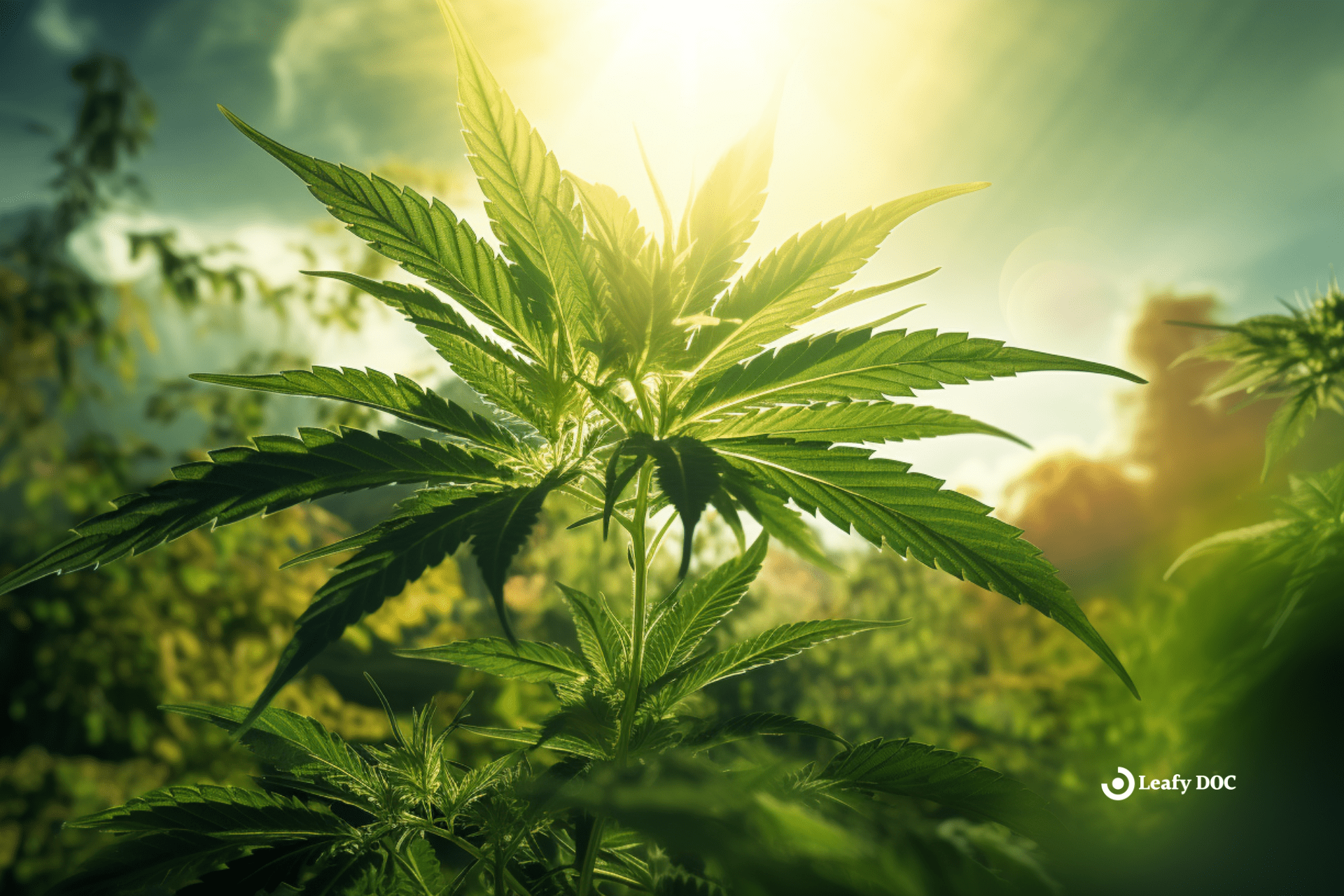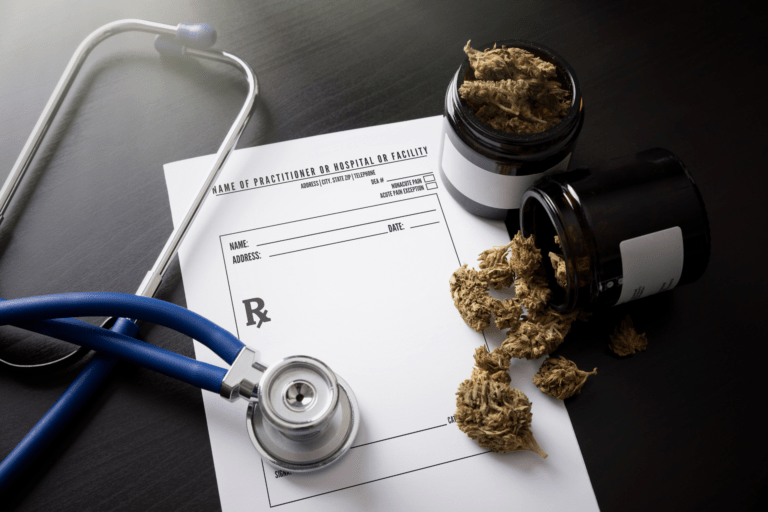NCAA Committee Recommends Overhaul of Marijuana Policy for College Athletes
by Haley Mills · November 2, 2023
Discover the NCAA’s groundbreaking move to remove cannabinoids from its list of banned substances, signaling a shift towards prioritizing student-athlete health and harm reduction. Explore the reasons behind this historic decision and the implications for college sports in our latest article.

In a groundbreaking move, the NCAA has taken a significant step towards reshaping its stance on marijuana use among college athletes.
NCAA’s Historic Shift: Marijuana to Be Removed from Banned Substances List
The NCAA Committee on Competitive Safeguards and Medical Aspects of Sports (CSMAS) recently recommended the removal of cannabinoids, the chemical compounds derived from the cannabis plant, from the association’s list of banned substances. This pivotal decision comes after extensive research and deliberation by the committee, including input from experts in medicine and substance misuse.
Embracing a New Paradigm: Prioritizing Student-Athlete Health and Harm Reduction
The committee’s announcement in a press release marks a turning point in the NCAA’s approach to cannabis. It is a response to the evolving landscape of cannabis legalization across various states and the broader cultural shift surrounding the plant’s use. The consensus among experts is that cannabis does not provide any performance-enhancing advantages to athletes. Instead, the NCAA is poised to adopt a harm-reduction strategy, aligning itself more with how it handles alcohol use, emphasizing education and support rather than punitive measures.
This move follows months of discussion within the NCAA regarding its marijuana policy. In June, the committee signaled its intent to explore this recommendation further, soliciting input before reaching a formal decision in the fall. The decision to remove cannabinoids from the list of banned substances is based on three key factors: recognizing the ineffectiveness of the existing policy, acknowledging that cannabis is not performance-enhancing, and embracing the importance of harm reduction.
A critical aspect of the committee’s recommendation is the flexibility it offers to each of the three NCAA divisional governance structures. They will be able to determine the timing for discussing and adopting potential legislation in line with the new stance on cannabinoids.
James Houle, the CSMAS chair and lead sport psychologist at Ohio State, emphasized the importance of involving the membership in this decision. He stated, “When deciding on an important topic like this, we agree that the membership should have an opportunity to vote on the final outcome. We are recommending a big shift in the paradigm when it comes to cannabinoids. We want to modernize the strategy with the most up-to-date research to give schools the best opportunity to support the health of student-athletes.”
In addition to removing cannabinoids from the list of banned substances, the committee also recommends developing a robust educational strategy to accompany potential changes to cannabinoid legislation. This multifaceted approach aims to ensure that student-athletes are well-informed about the implications of cannabis use.
This progressive stance on marijuana by the NCAA aligns with similar shifts in professional athletic organizations. Major leagues like the NBA and the NFL have revisited their policies, acknowledging the changing legal landscape surrounding cannabis. The recognition of the therapeutic potential of CBD in managing pain for athletes has also gained momentum.
While advocates have welcomed these changes, the World Anti-Doping Agency (WADA) has faced criticism for maintaining its ban on cannabis use by athletes. Pressure for reform has mounted, particularly after the suspension of U.S. runner Sha’Carri Richardson in 2021 due to a positive THC test.
What’s Next?
The NCAA’s recommendation to remove cannabinoids from its list of banned substances reflects a progressive approach to cannabis use in college athletics. It signifies a commitment to prioritize the health and well-being of student-athletes while adapting to the changing landscape of cannabis legislation and social attitudes. The next step will involve each divisional governance body’s decision on the timing and implementing of this significant policy shift.
Last Updated: August 8, 2024
Get Approved for Your Medical Marijuana Card in Minutes!

Get Your Medical Card
Connect with a licensed physician online in minutes

Like This Article?
Share with your friends
Table of Contents
Keep Reading
-
Everything You Need to Know About Medical Marijuana in NY
Stay informed about the latest medical marijuana news and developments in New York State. Learn about the laws, regulations, and FAQs. Get answers now!
-
How to Get Your Med Card: A Step-by-Step Guide for Patients
Learn how to get your med card with our step-by-step guide for patients seeking cannabis access.
-
5 Steps to Connect with Medical Marijuanas Doctors in Arkansas
Connect with licensed medical marijuanas doctors in Arkansas for efficient, compassionate care.



